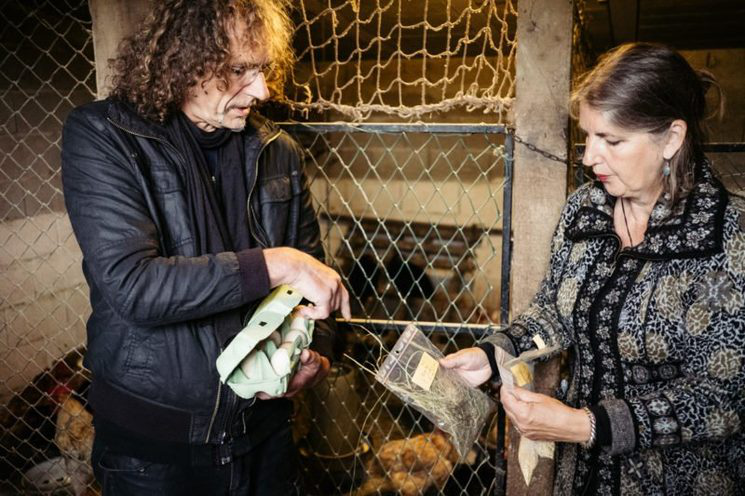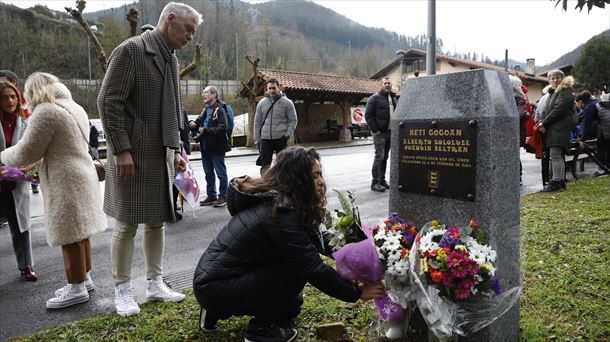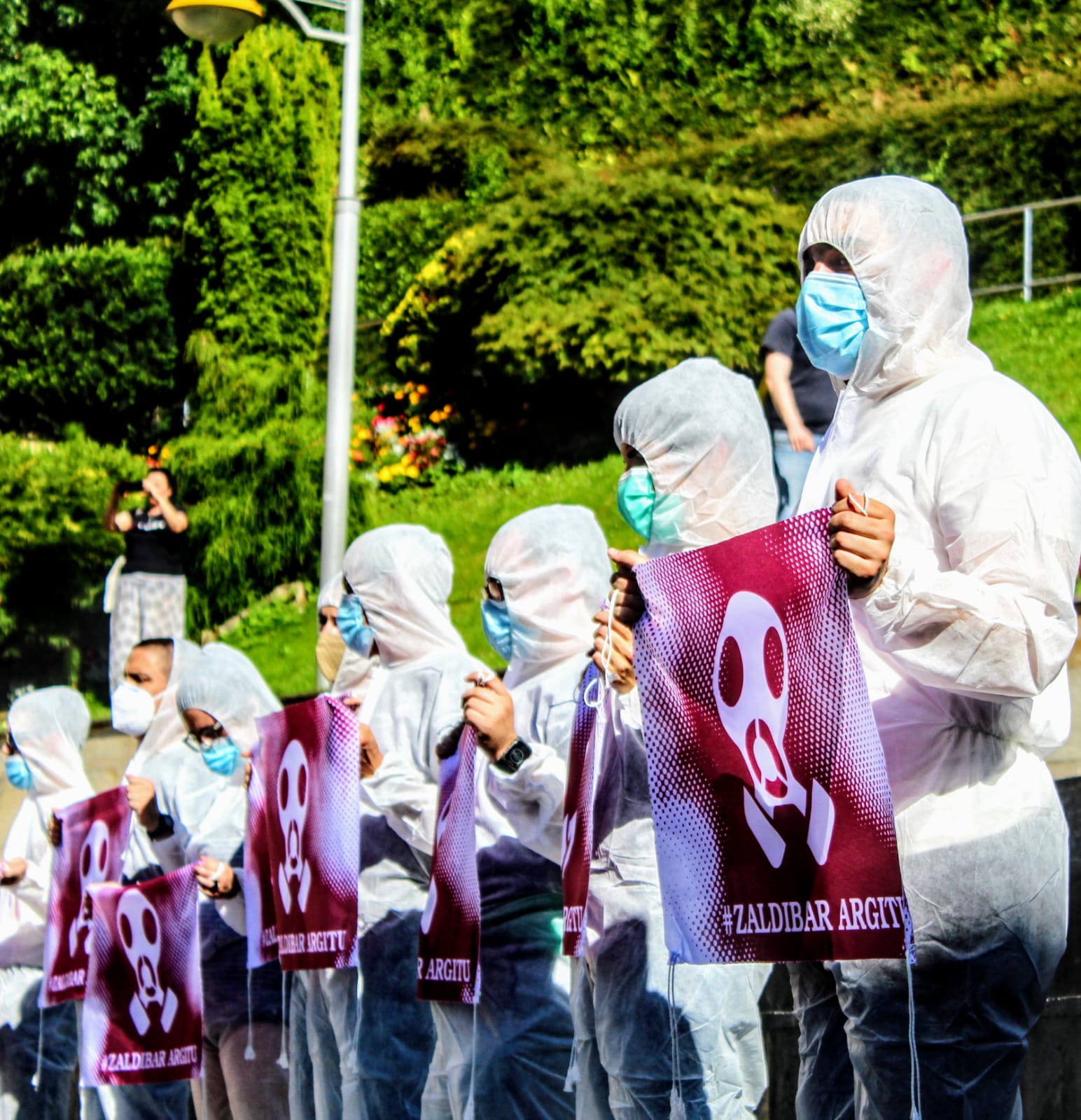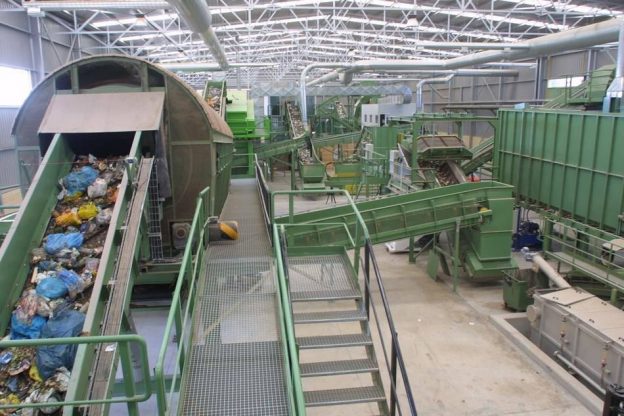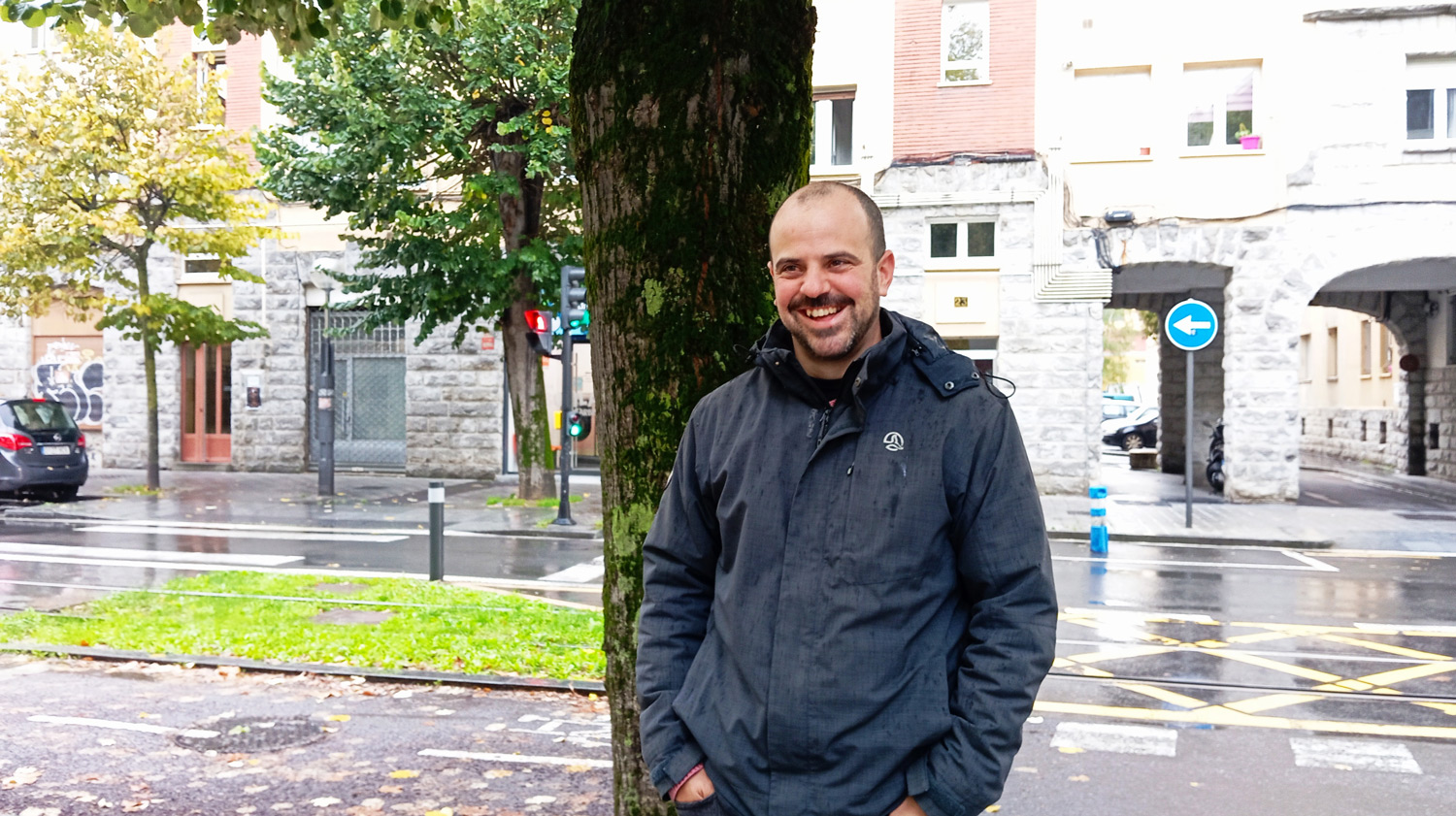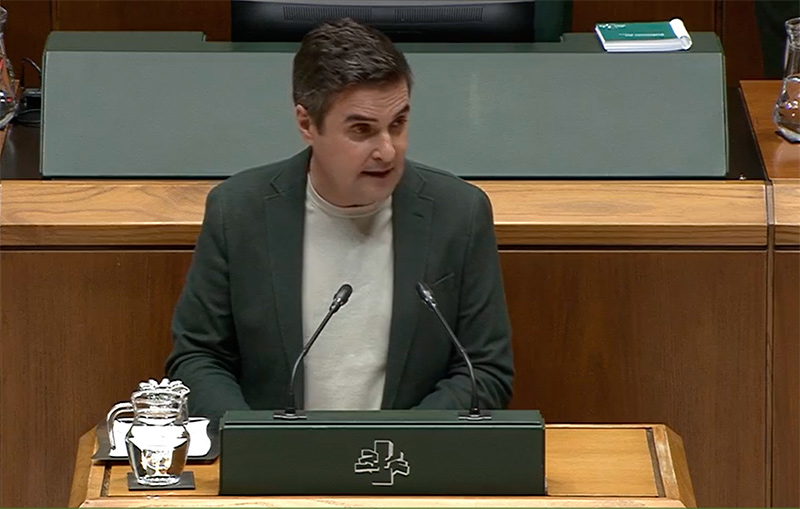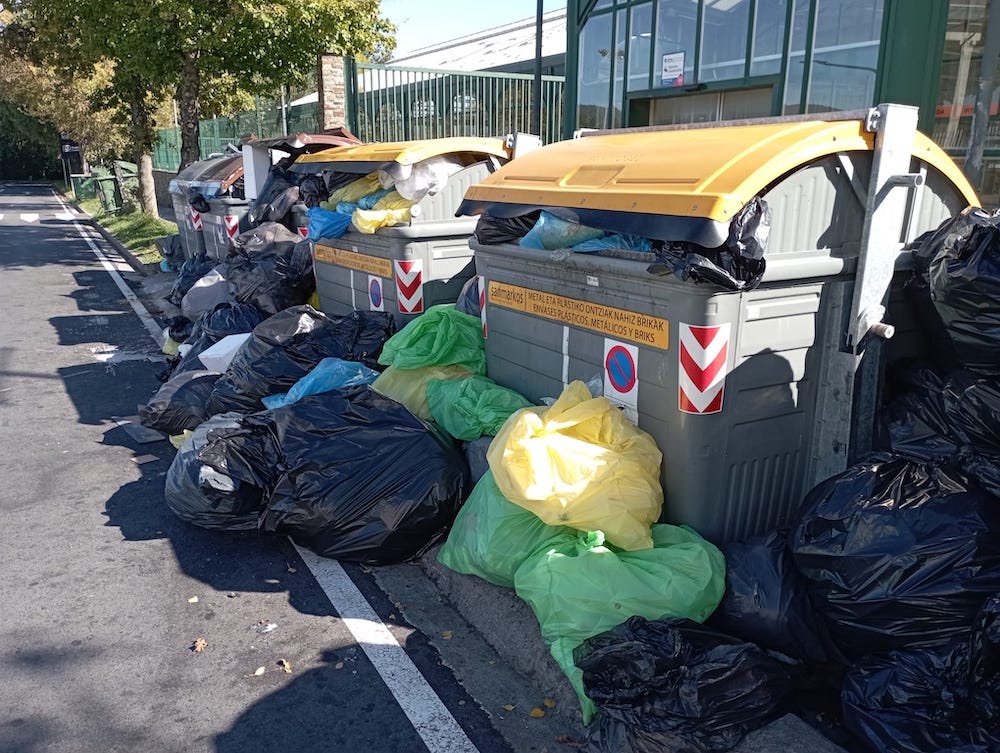Manuela Carmena says you "can't" in front of the waste lobby
- “Remunisation of public services” is a nice slogan in the programmes, more complicated in practice. Manuela Carmena, one of the stars of the new left called Podemos, came to the mayor of Madrid with the promise to return private waste management. In less than a year, he has done just the opposite, awarding the service to ACS, Ferrovial and FCC for more years.
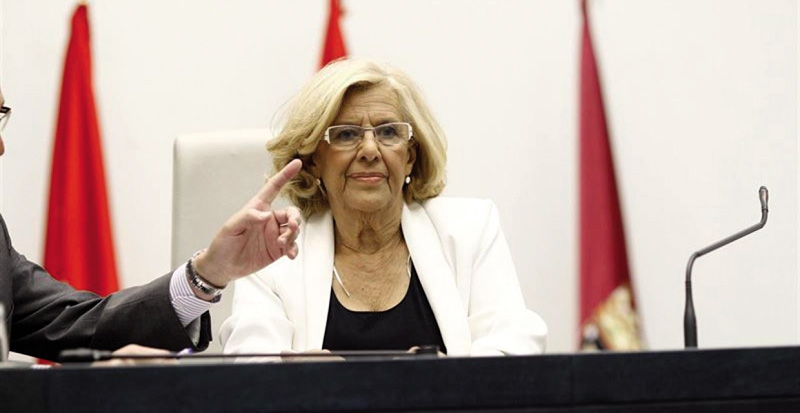
"You can't," said the mayor of Madrid, Manuela Carmena, who denied the motto of the new left after the M15 español.Titulada on March 15 by the newspaper El País: After “Carmena renounces the municipality of the garbage collection service” the City Hall will abandon the private waste management of Madrid for four years. I mean, for as long as you're sending.
Thus he has discarded one of the main components of the program presented by Podemos para el Ayuntamiento de Madrid: “To establish a strategy for the progressive recovery of the public management of municipal services (...) for the remunicipalization of the waste service”.
Shortly after the takeover of the mayor of Carmena in August 2015, the electronic media What you should know reported that the residue conflict had begun in Madrid: “The great constructors and Carmena have a pulse for the garbage business in Madrid” Feliciano Tisera said: “The battle is on the table. The affiliated garbage collection companies of the large construction corporations – FCC, ACS and Ferrovial – press Manuela Carmena (Now Madrid) to maintain and improve the garbage collection contracts.”
The waste collection contract of the city of Madrid is not mixed with that of road cleaning, although it also depends fundamentally on these corporations, it ended in October 2015 and mobilized EUR 100 million a year. Carmena, the chronicle said, was in question, or renewed contracts with three large ones, or re-intervened at full speed the service of 1,900 employees.
The City Council granted the companies a one-year extension. They knew that Carmena was in trouble and demanded better prices, as well as a ten-year concession. The risk of chaos in garbage collection was imminent, due to threats from the CCOO and UGT trade unions. And Carmena has surrendered.
Whoever wants to know the framework of the issue will do well by reading “The change in Madrid stumbles with the trash” by Diego Sanz Paratcha on the website of Diagonal magazine. “Carmena has once again put urban waste into the hands of big business. Experts and pay-as-you-go support groups denounce the lack of political will.”
The Councillor for the Environment of Madrid, Inés Sabanes, justified the decision with two arguments: The lack of time for 1,900 workers to subrogate from private companies to a new municipal company and the limits imposed by the Government's adjustment plans to new public employment. With contracts purchased by private companies in November 2016, any publishing plan will be deferred to at least 2020, or probably more, because a two-year extension is offered under the terms of the competition.
The first key to explaining the crumbling of the leftist authorities is that Sanz Paratch sees the character of Manuela Carmena’s team. Personally signed by Iñigo Errejón de Podemos, Carmena was part of his government team, with the exception of two councillors, one of them Carlos Sánchez Mato de Hacienda, the only ones who have been critical of the waste collection contract.
Carmena, as soon as he got to the mayor, created a new position, the city manager (City Manager), who granted him to Carmen Román Reichmann. Senior official of the Ministry of Finance in the Government of Madrid, he has been CEO of both the Aznar and Zapatero governments. It has been the legal service of the City Hall under its control that guaranteed the privatizations of Ana Botella (PP)... and the one that advises rejecting the promises of publication of the Carmena campaign.
Technical problems or lack of will
Jorge Riera, from the Platform for the Remunicipalization of Public Services of Madrid, Enrique Villalobos, from the Federation of Neighborhood Associations of Madrid and Jordi Colomer i Mise, expert in the management of public waste collection services from Puerta a Puerta in Usurbil and Hernani in Gipuzkoa, has been interviewed in search of explanations about the bankruptcy of Madrid.
They all agree that the importance of the legal team being committed to the issue is important in bringing privatized public services back into public hands. But what to do if the legal team found in the administration is completely conservative?
Colomer has acknowledged that in order to make the water service of Arenys de Munté available to the City Hall again, in parallel with the municipal technicians, it was necessary to organize a legal service of its own in the public company: “Either you find a typical ‘guerrillas’ or you have to form a team to help you.”
In this, paradoxically, bringing to the extreme the desire to save money can clash with the authorities on the left: The Councilors of Madrid, having fewer advisors than they needed, "resigned from the ability to go faster," says Villalobos, "needed many more advisors if they got the city model they want."
The second difficulty can also be overcome by the cuts and limits imposed by the government on the administrations by Montoro. As in the case of contracts from one private company to another, 1,900 workers from the same company could move to another private company. On the other hand, the very appropriate economic accounts in Madrid allow the creation of new companies and allow basic services to exceed the limit of the generation of new jobs, including waste management.
In addition, the City Hall can decide to create a service that offers the service more effectively when a public company does not have to give benefits or pay VAT. Apparently, the councilman of Hacienda de Carmena, Sánchez Mato, wanted to follow the path of publication by valuing all these reasons.
But it couldn't be. CCOO and UGT leaders have also worked against publication – “basic affiliates were in favour, but not liberates who have not worked for 20 years, for fear of being sent back to work,” a witness said – and ACS Florentino Pérez and FCC Carlos Slim have achieved what they wanted.
In the end, what was a waste management model was left in the struggle between the gigantic private contractors of public services: Florentino Pérez versus friend of Felipe González, Carlos Slim.
It is curious what has gone unnoticed in the public opinion of Euskal Herria, who looks so much at Spain. It allows the issue of the waste from Gipuzkoa to be clarified and the re-municipality that, like the unions, cite the leftist parties, is really discussed.
Lehengai anitzekin papera egitea dute urteroko erronka Tolosako Lanbide Heziketako Paper Eskolako ikasleek: platano azalekin, orburuekin, lastoarekin, iratzearekin nahiz bakero zaharrekin egin dituzte probak azken urteotan. Aurtengoan, pilota eskoletan kiloka pilatzen den... [+]
The City Hall of Donostia-San Sebastián announced at last Thursday’s plenary session that it will increase the waste rate by 26.5% from January 2025, claiming that Waste Law 7/2022 obliges this. Eguzki, for its part, has denounced that the law only applies in terms of costs,... [+]
August is the holiday month for many people, including those who rule. And yet it is common to take advantage of the month of August to deal with some issues without much noise, albeit of great importance.
This is what is happening with the project to centralize sludge... [+]












